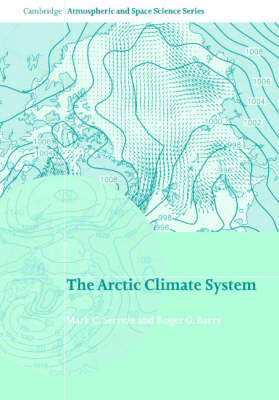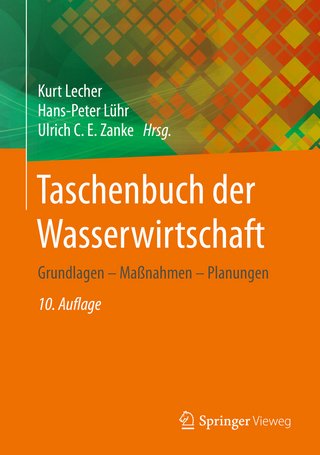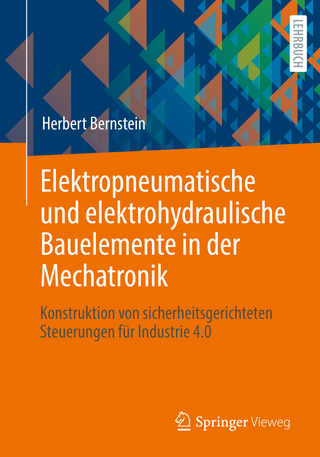
The Arctic Climate System
Cambridge University Press (Verlag)
978-0-521-81418-8 (ISBN)
- Titel erscheint in neuer Auflage
- Artikel merken
The Arctic can be viewed as an integrated system, characterised by intimate couplings between its atmosphere, ocean and land, linked in turn to the larger global system. This comprehensive, up-to-date assessment begins with an outline of early Arctic exploration and the growth of modern research. Using an integrated systems approach, subsequent chapters examine the atmospheric heat budget and circulation, the surface energy budget, the hydrologic cycle and interactions between the ocean, atmosphere and sea ice cover. Reviews of recent directions in numerical modelling and the characteristics of past Arctic climates set the stage for detailed discussion of recent climate variability and trends, and projected future states. Throughout, satellite remote sensing data and results from recent major field programs are used to illustrate key processes. The Arctic Climate System provides a comprehensive and accessible overview of the subject for researchers and advanced students in a wide range of disciplines.
Mark C. Serreze received a PhD in Geography from the University of Colorado, Boulder (1989) for his work on understanding Arctic sea ice variability. He has subsequently been a research scientist at the University of Colorado, at the National Snow and Ice Data Center within the Cooperative Institute for Research in Environmental Sciences and is an Associate Research Professor in Geography. His Arctic research interests are wide-ranging, and include atmosphere-sea-ice interactions, synoptic climatology, hydro-climatology, boundary layer problems, numerical weather prediction and climate change. Dr. Serreze has conducted field work in the Canadian Arctic on sea ice and ice caps, and on the Alaskan tundra. Service includes contributions to the National Science Foundation, the World Climate Research Programme, the United States Navy and the Arctic Research Consortium of the United States. Roger G. Barry obtained his PhD in Geography at Southampton University, United Kingdom, in 1965. He is Professor of Geography at the University of Colorado, Boulder, Director of the National Snow and Ice Data Center for Glaciology, and a fellow of the Cooperative Institute for Research in Environmental Sciences. He has written over 200 research papers and several books, including Mountain Weather and Climate; Atmosphere, Weather and Climate; Synoptic Climatology and Synoptic and Dynamic Climatology. In 1999, Dr. Barry was made a fellow of the American Geophysical Union in recognition of his contributions to research in climatology and cryospheric science. In 2004, Dr. Barry was named Distinguished Professor by the University of Colorado Board of Regents. Mark Serreze is among his fifty former graduate students.
1. The evolution of knowledge about the Arctic and its climate; 2. Physical characteristics and basic climatic features; 3. The basic atmospheric energy budget; 4. The atmospheric circulation; 5. The surface energy budget; 6. Precipitation, net precipitation and river discharge; 7. Arctic ocean-sea ice-climate interactions; 8. Climate regimes of the Arctic; 9. Modelling the Arctic climate system; 10. Arctic paleoclimates; 11. Recent climate variability, trends and the future.
| Erscheint lt. Verlag | 13.10.2005 |
|---|---|
| Reihe/Serie | Cambridge Atmospheric and Space Science Series |
| Zusatzinfo | 8 Plates, color; 5 Halftones, unspecified; 159 Line drawings, unspecified |
| Verlagsort | Cambridge |
| Sprache | englisch |
| Maße | 179 x 254 mm |
| Gewicht | 989 g |
| Themenwelt | Naturwissenschaften ► Geowissenschaften ► Meteorologie / Klimatologie |
| ISBN-10 | 0-521-81418-9 / 0521814189 |
| ISBN-13 | 978-0-521-81418-8 / 9780521814188 |
| Zustand | Neuware |
| Haben Sie eine Frage zum Produkt? |
aus dem Bereich


